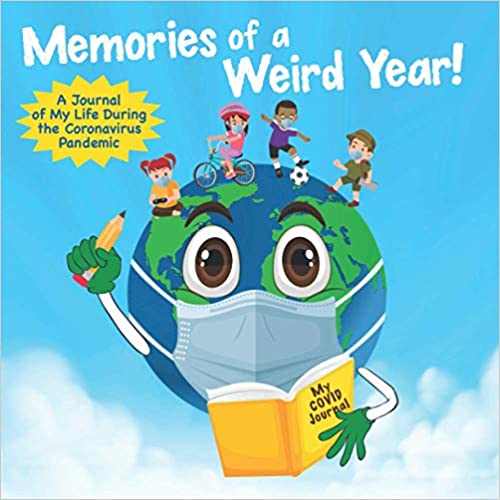The Pandemic was life changing and the tales we will tell just might not be what really happened. Our memories are but dramatic stories like a narrative in our brain. The youngest of us today will ask what it was like to live and work through a global Pandemic…but that version will begin the moment your brain acknowledged danger.
The 1918 Pandemic killed 50+ million people and infected 1/3rd of the world’s population. When it was over, no-one talked about it. Future generations had little to go by. In September 2001, we knew little of domestic terrorism, yet no-one just ‘heard’ about 9/11. We have recalled our personal moment of trauma, creating a cultural narrative around the event. What will the stories infer about our abilities to handle WFH (work from home), home schooling, job loss, health issues, even missing company happy hours.

Covid-19 was not a single event. Rather, it has become a global moment in time where memories are embedded. We formed anecdotes like short stories or screenplays that give meaning to our experiences. We will continue to re-shape and re-formulate versions of our truth that speaks to our resiliency. We share and compare stories on social media, tweaking the construction of a social autobiographical memory. Although how we remember, misremember, and imagine what happened at home and at work will affect future story telling.
Memories formulate around any and every experience we choose to remember. Memories are formed of generalities like a family dinner, team meetings, lost deals and signed contracts. Memory creates a continuous sense of self, a ‘narrative identity’ through high and low moments.
What was your office like before the Pandemic? Did you maintain a sense of self, a level of work-life balance, a love for gossip around the water cooler, the smells of leftover salmon in the microwave, and the co-worker down the hall sneezing and coughing as he touched surfaces from the elevator button to the door handle? Was work before Covid-19 really that great, or did you mold those memories into an amazing lifestyle that you desperately miss, or come to realize it was just a job and making money was a means to an end?
Our office stories have been tweaked based on expectations of another’s reaction. We composed versions of work stories in anticipation of sharing them when we got on a Zoom meeting. And when something was still going wrong, you were likely thinking this is going to make a great story based on how I share it with others.
“…If we discuss a memory with someone who remembers it differently, we borrow bits of their version, a scrap of dialogue…you activate and accept another’s interpretation…to make sense of things…you think about the situation differently…therefore you’ll remember it differently.” Elizabeth Loftus, Cognitive Psychologist, UC Irvine.
The brain creates schematic, yet faulty, memories as recollections go wrong and trigger falsehoods. Negative emotions, imagination, the power of suggestion, even fake news distorts our efforts of recalling details when offering a glimpse into what really happened. False memories fill in blanks as stories are reconstructed: we extrapolate details inaccurately, making it harder to discern true from false.
Our stories are the memory-keepers, recalling them like when you open a computer file for editing, opening the mind to a conjure potential errors ranging from the benign to the tragic. “Facts are better remembered when interwoven in a narrative… and inherent in the architecture of a story is its meaning.,” Henry Roediger.
2020 was an epic year, with dramatic home and workplace stories around recovery, victimization, unemployment, resiliency. “…Memory starts with observation or experience encoding in our minds…bringing different experiences, expectations, and skills to the instant of perception…” Julian Matthews, Cognitive Scientist, Monash University in Australia. In addition, “…how much and what aspects…we pay attention to…even simple differences like viewing angle affect what we encode…yet misremembering occurs in all of us…” Nancy Dennis, PhD, Associate Professor of Psychology, Penn State.
*Take a read of The Pandemic Is Messing With Your Memories: The many stresses of Covid-19 exacerbate our well-known tendency to remember things that never happened by Robert Roy Britt, published August 2020.